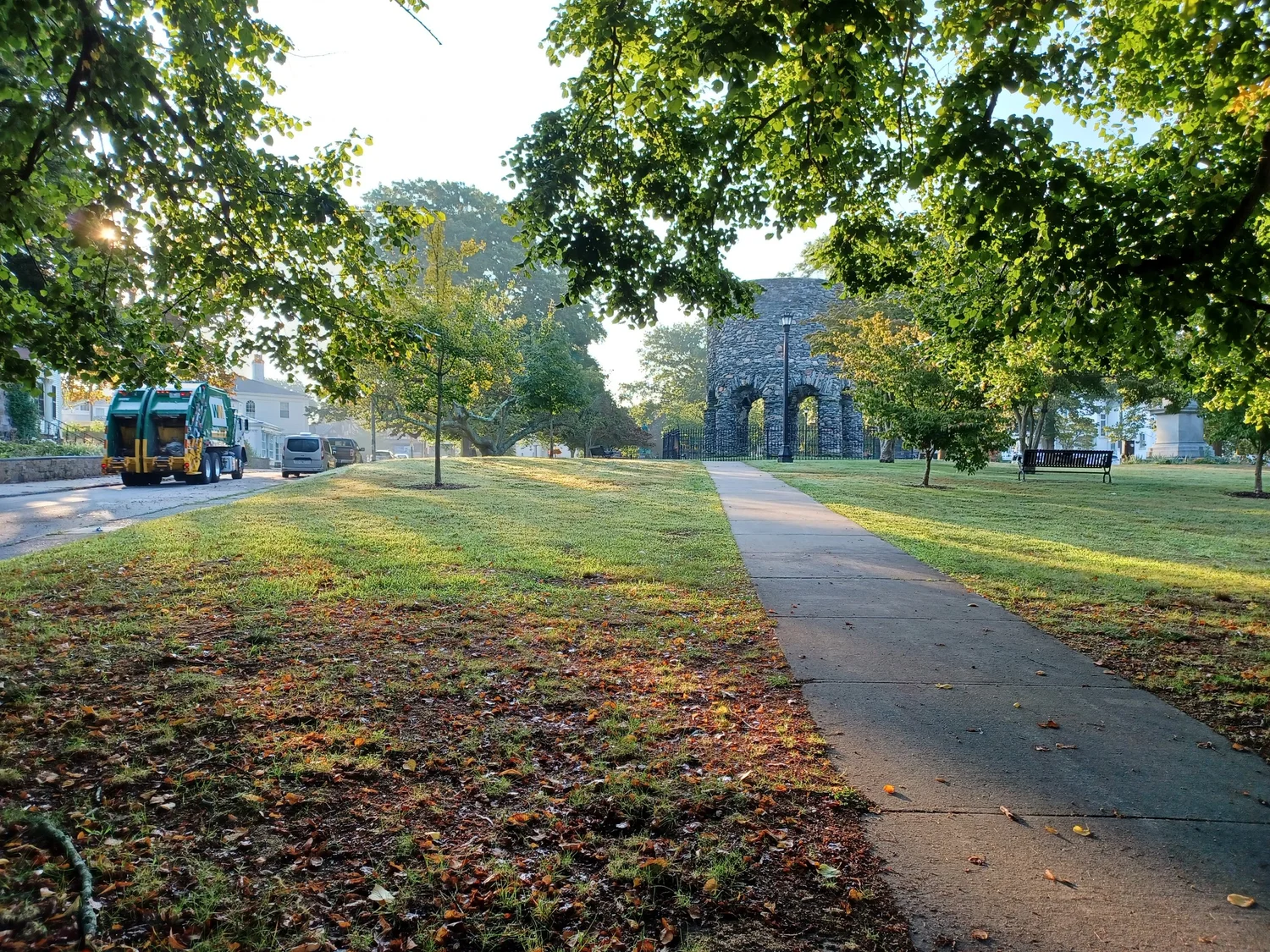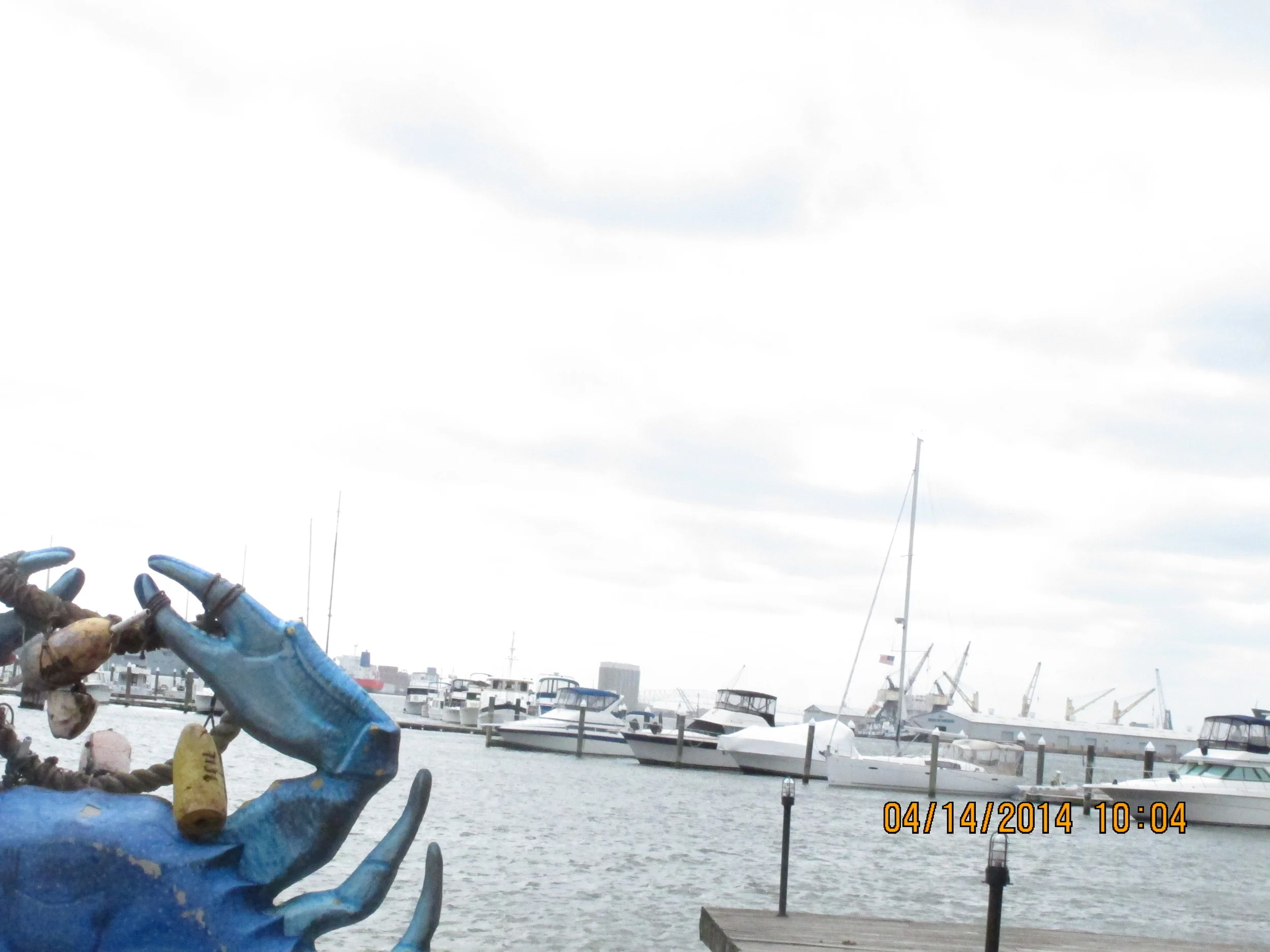#WeAreStillIn...First Place and We Like It There
/What do you get when you harness peoples' desire for a safe future with their conditioning to follow big corporations' leads? You get a path to a low-carbon future that may or may not run as straight or as fast as a path set by policy would.
This week I got to cover events at Climate Week for GreenBiz, an authoritative source for executives building sustainability into business strategy. As you'll see, I learned that low-carbon costs constitute a prize in a new great game for transportation, finance, energy and consumer-goods companies. Many corporations co-signed the #WeAreStillIn pledge after Donald announced the US would be moving away from international leadership on climate. I went to events trying to chart how the corporate take on progress differs from the political one.
And I thought to ask whether the frame that holds climate readiness as a moral must can fit inside the one that holds decarbonization as a profit strategy. I'm pretty sure the frames do fit together- but that a depressed, divided or misinformed citizenry can shatter the frames and the picture emerging inside.




